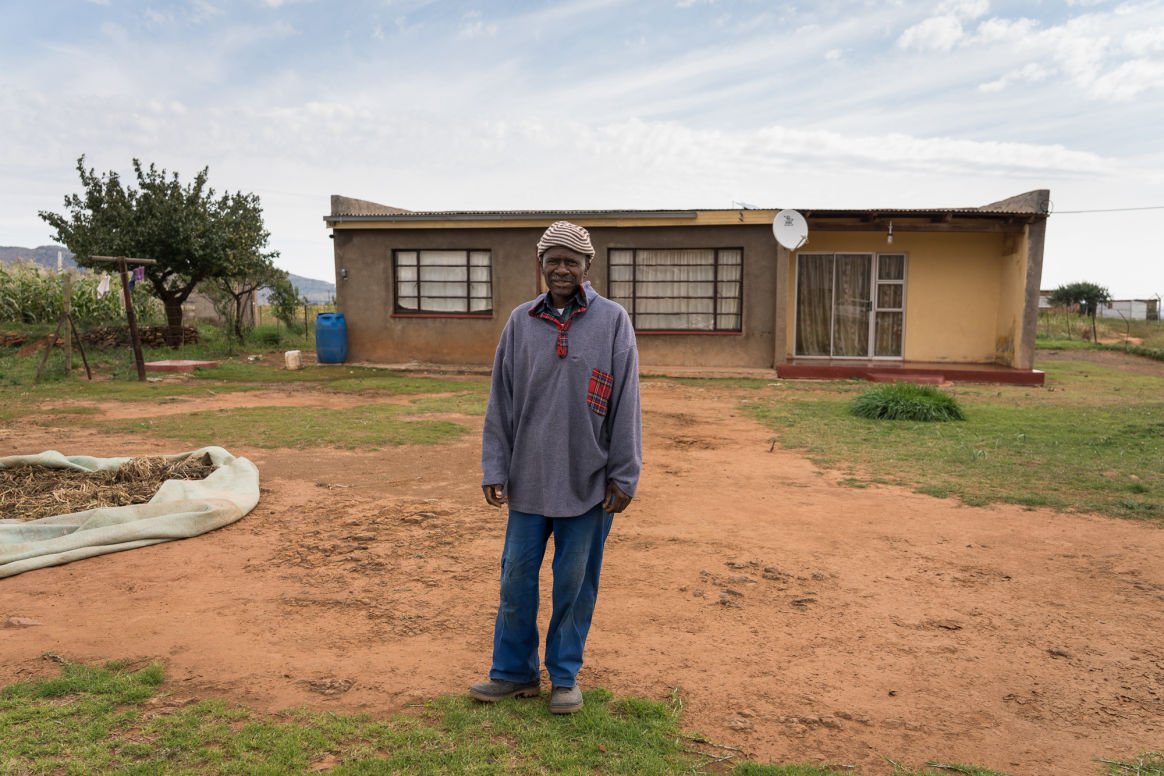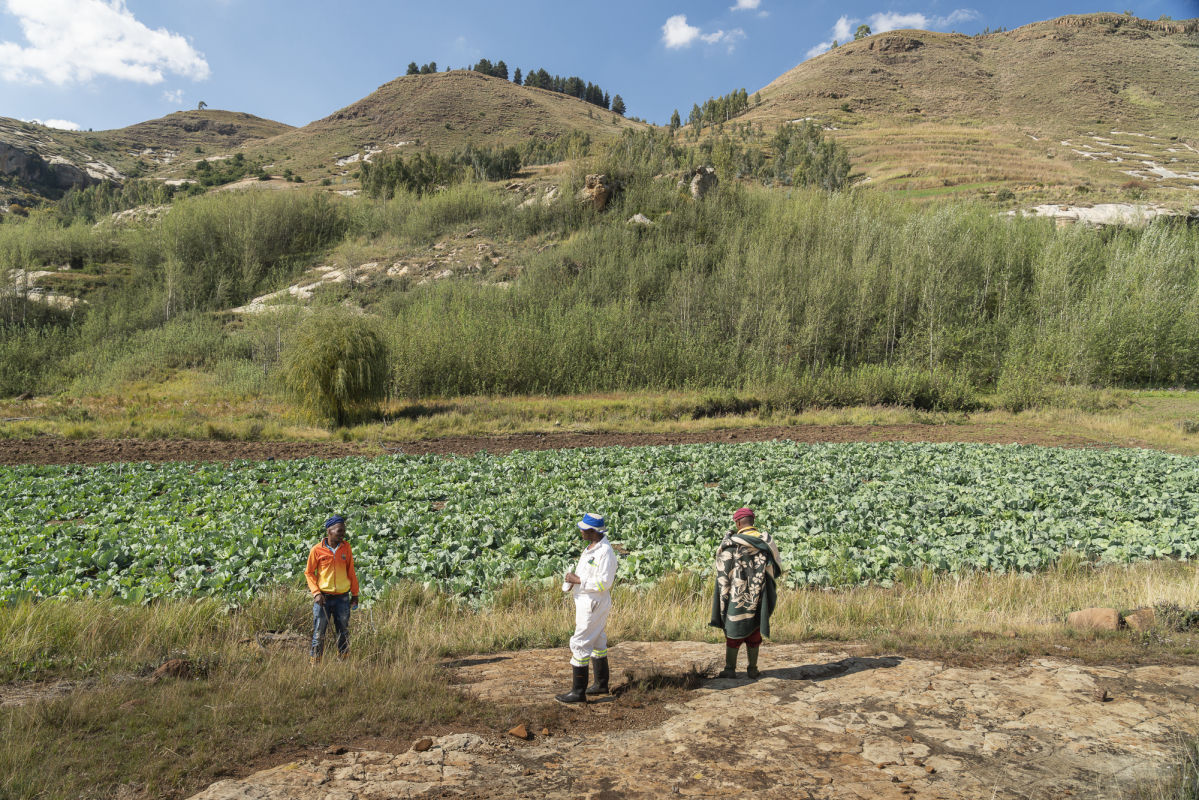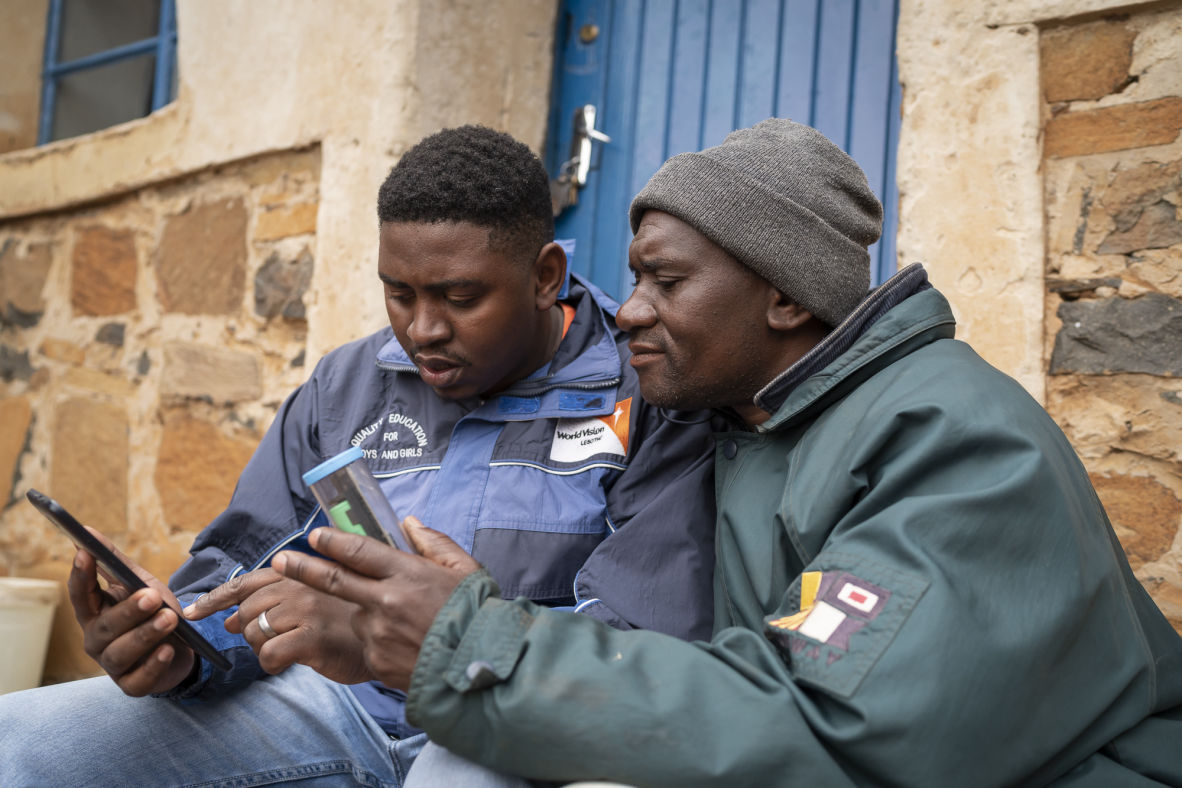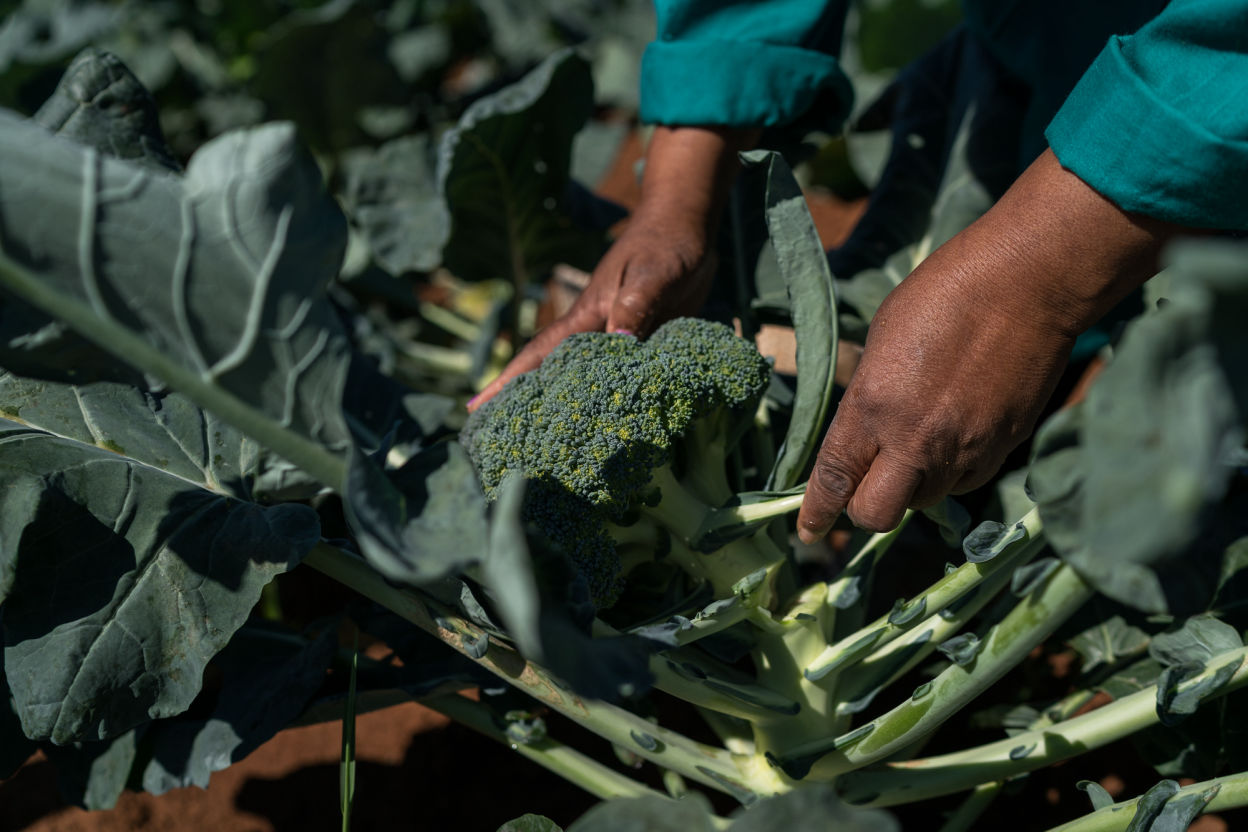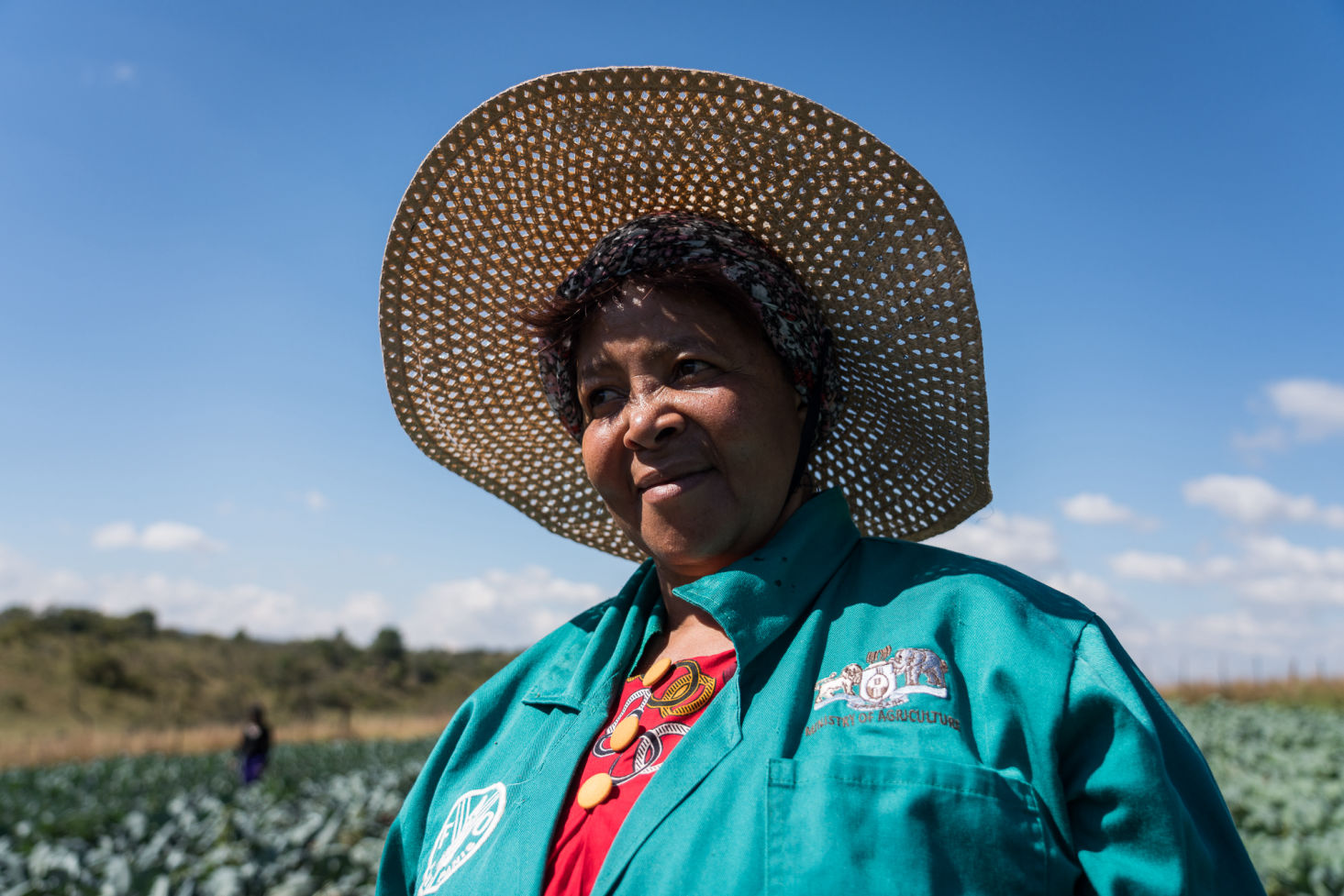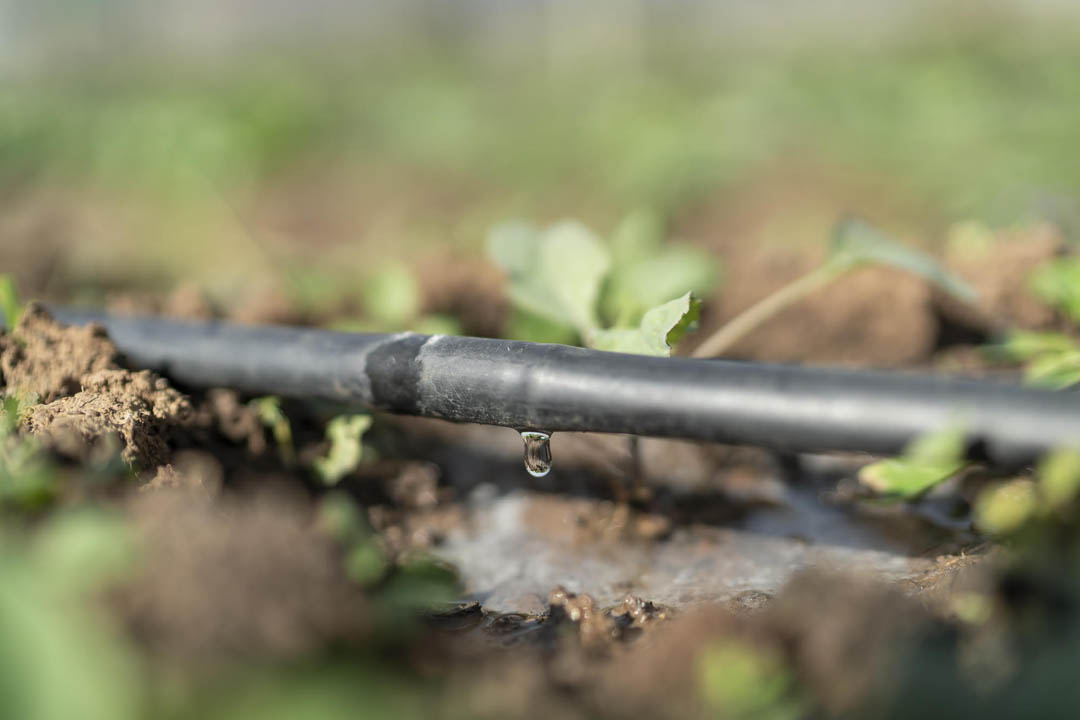Investing in water infrastructure
The 2015-2016 drought affected an estimated 41 million people across the Southern African region. Many rural communities were left vulnerable to malnutrition and a myriad of knock-on economic and health impacts.
World Vision Australia and Australian Aid established the Southern Africa Livelihoods Program (SALP) to assist some of the vulnerable farming communities across rural Southern Africa.
SALP invested in water infrastructure with community farming groups across Lesotho, Swaziland and South Africa to get the farmers back on their feet. But water tanks, pipes, pumps and irrigation equipment are expensive.
